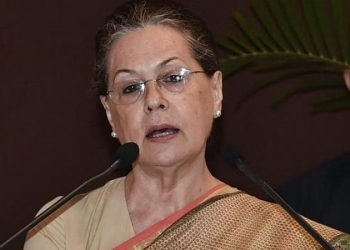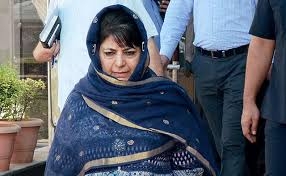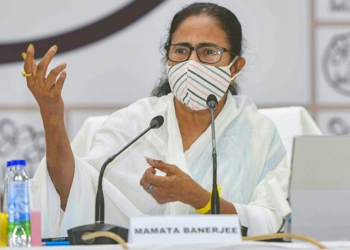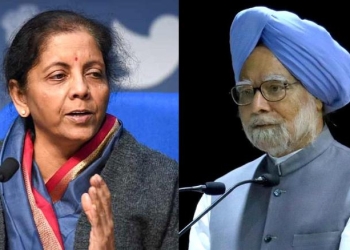Prime Minister Narendra Modi promised in his speech at the United Nations’ COP26 climate summit on Monday that India will achieve net-zero emissions by 2070, a goal that climate activists acknowledged as a long way off but one that might be transformative for the world’s third-largest emitter.
Climate advocates were taken aback by the announcement, which was accompanied by four other climate-related targets, all of which were vague. Indian officials had previously rejected international pressure to make such a commitment, saying just last week that net-zero goals were not the solution to the climate crisis.
A net-zero objective is a date by which a country intends to emit no more carbon dioxide or other greenhouse gases into the atmosphere than it absorbs, utilizing carbon-absorbing plants and still-evolving technologies. Over the last few years, dozens of countries have established net-zero goals, with the United States, the United Kingdom, Japan, and other wealthy nations opting for a 2050 deadline. China, Saudi Arabia, and Russia have all publicly stated their intention to reach net-zero emissions by 2060.
More than 100 world leaders will agree to end deforestation by 2030
It’s unclear if India’s net-zero objective for 2070 applies solely to carbon dioxide emissions, which account for around 80% of the warming effect pushing increasing world temperatures, or all greenhouse gas emissions. India’s objective may appear unambitious, given its 20-year deficit behind other powerful nations’ targets. The world would have little chance of averting the worst effects of climate change unless other large emitters aligned their efforts over similarly lengthy time periods.
However, Ulka Kelkar, the climate director of the World Resources Institute‘s India chapter, believes India’s target must be viewed through the lens of a developing country. Developed countries have relied on fossil fuels to power their industrialization for generations, and as a result, they now have greater resources available to shift away from them. India’s rising economy continues to rely largely on coal, the most polluting fossil fuel, for 70 per cent of its energy generation.
























